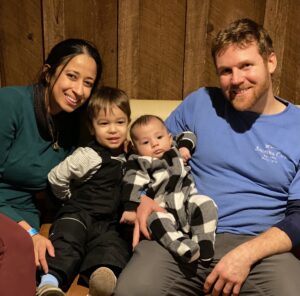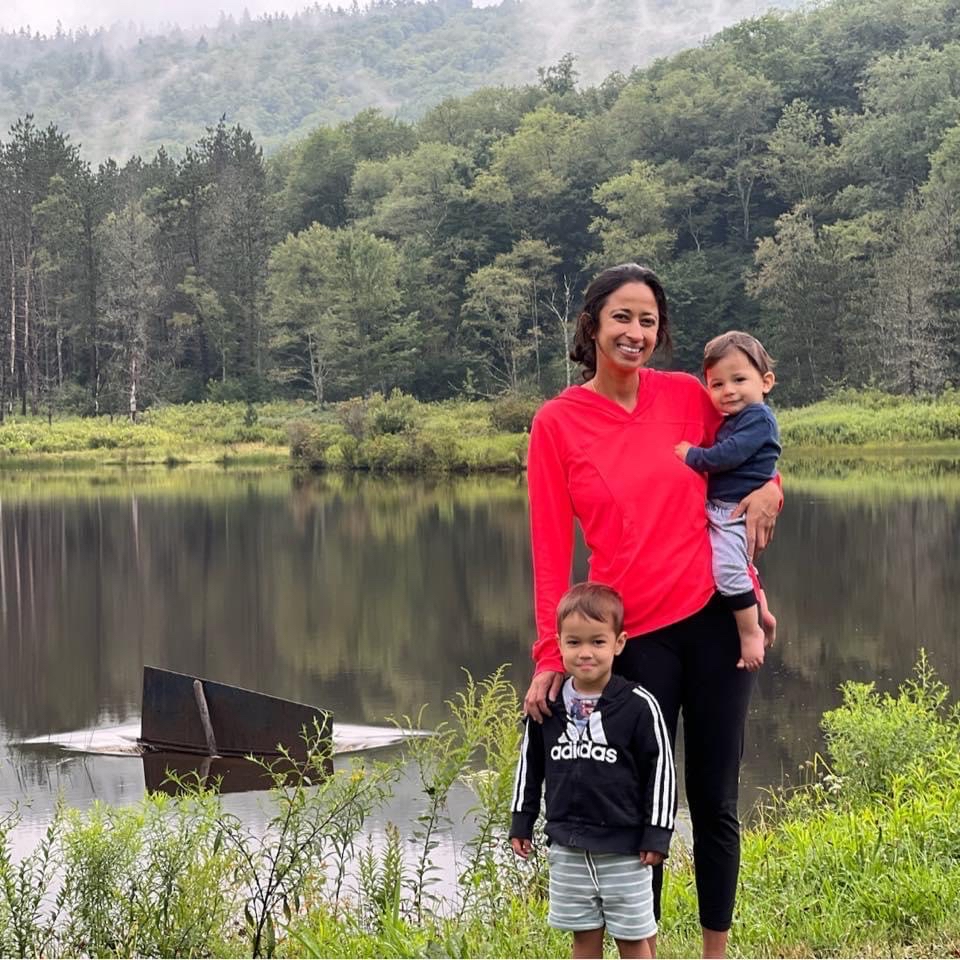Reema Padia, MD, has a young patient with a lower lip venous malformation. Previously misdiagnosed, she came to the team three years ago. She underwent multiple sclerotherapies to calm down the vascularity of the lesion. When Dr. Padia saw her, they discussed laser and surgical excision.
“When I saw her and her parents at the post-operative visit, we were all thrilled,” Dr. Padia recalled. “Her mother became tearful with the outcome and the fact that she no longer had to feel self-conscious about this lesion and could stop worrying about it.”
The team continues to monitor this patient as it is a life-long disease. Throughout the process, her mother has become a huge advocate for patients with venous malformations.
As co-director of the vascular anomalies center, Dr. Padia sees many cases like these. She provides surgical options for patients with head and neck vascular anomalies in a multidisciplinary fashion, plans educational weekly meetings for the team, and leads research endeavors to aid in the advancement of treatment for patients with vascular anomalies.
As a member of the aerodigestive team, Dr. Padia sees patients with aerodigestive concerns, in concert with speech-language pathologists, pulmonologists, and gastroenterologists. She is also part of the EXIT team, where she provides airway support to babies who have been prenatally diagnosed with airway obstruction to aid in safe delivery.
This month will mark Dr. Padia’s fourth anniversary at Children’s Hospital of Pittsburgh and the University of Pittsburgh Medical Center, where she is Assistant Professor of Pediatric Otolaryngology.
She was drawn to Pitt because of its strong legacy, opportunities for collaboration with surrounding universities, and the ability to work with patients who have vascular anomalies, airway disorders, and other otolaryngologic concerns.
In terms of research, Dr. Padia is working on determining if genetic mutations within lymphatic malformations alter with serial interventions. “This can help us understand why some patients who have undergone prior surgeries or sclerotherapies for their lymphatic malformation do not respond as well to targeted medical therapy as those with treatment-naïve lesions,” she explained. “Should this confirm a change in the genotypic makeup, the hope is that we can find alternative targeted therapies for this patient population.”
Dr. Padia is first generation South Asian Indian. She grew up in North Carolina, moved to Salt Lake City, UT, for residency, and then Seattle, WA for fellowship before moving to Pittsburgh. During her residency at the University of Utah, she met her now husband and grew a strong affinity for the outdoors. Her fellowship at Seattle Children’s at the University of Washington is where she developed a passion for her subspecialty.

Dr. Padia has an “incredibly supportive husband” who stays at home with their two sons, who are 2.5 years old and 11 months old. In her free time, she likes to paint “very casually” and run. She has also been enjoying her new Peloton.
“I love my patients and the people I work with,” Dr. Padia said.
